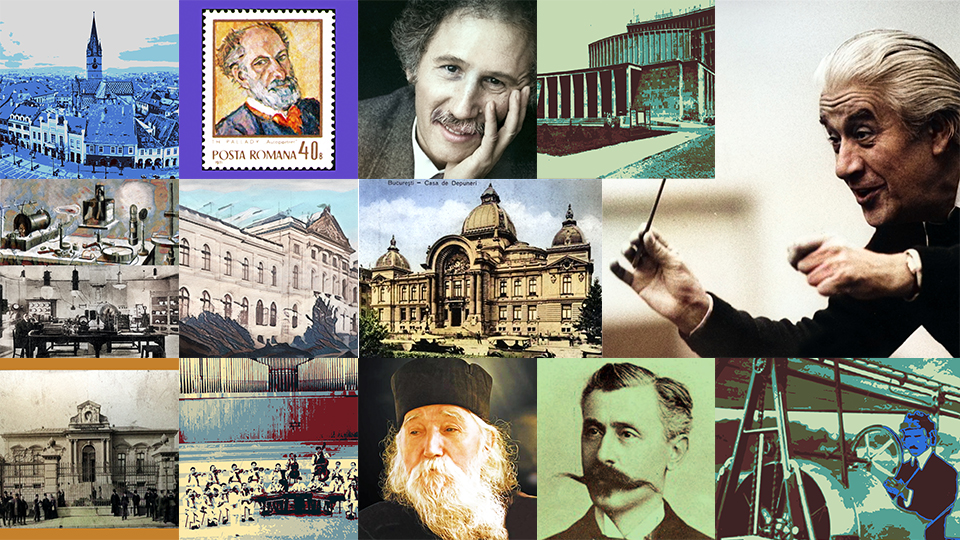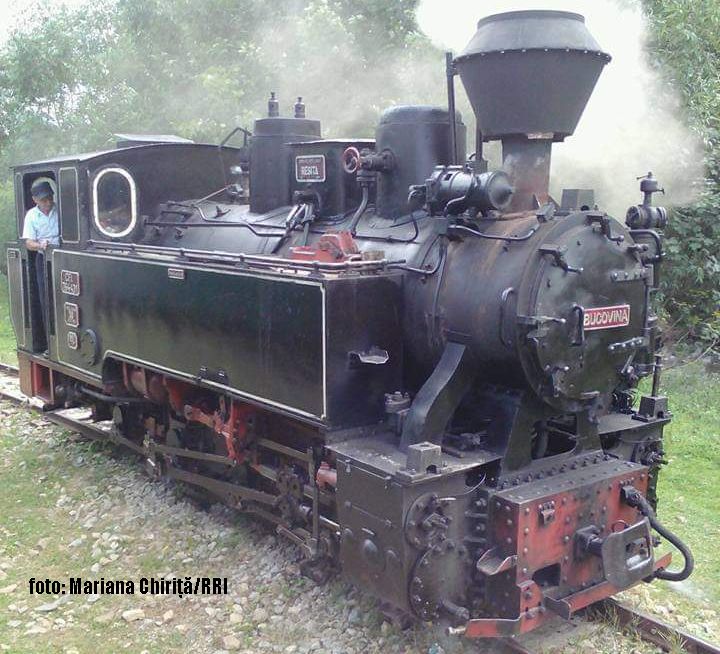Dincă Schileru
Dincă Schileru is Romania’s first Member of Parliament to be elected from among the peasant class in 1876.

Ștefan Baciu and Steliu Lambru, 14.04.2024, 14:00
In Romania’s local history we find important names who got involved in social and charitable work for their native regions or contributed to the development of their birthplace. Others excelled in the cultural field and thus helped promote their regions. The history of Gorj, in south-western Romania, is dominated by the name of the great sculptor Constantin Brâncuși, but Gorj has given other important names to Romanian history. It is also the birthplace of Tudor Vladimirescu, the leader of the revolutionary movement of 1821; of Gheorghe Magheru, one of the leaders of the 1848 revolution; of actress Elvira Godeanu, philosopher George Uscătescu, and the politicians Gheorghe Tătărescu, Grigore Iunian and Vasile Lascăr. Entrepreneur, politician and lobbyist Dincă Schileru also hailed from Gorj.
Dincă Schileru was born in 1846 and died in 1919, aged 72, into a family of wealthy peasants. One of his predecessors was a soldier in the army of Tudor Vladimirescu. Schileru was the first peasant to be elected to the Romanian Parliament. He may have come from the ranks of the peasants, but he was by no means poor. In 1868 he got married and moved to his wife’s village, where he built a family home, a church and a school, helping poor children get an education. He began his business career with a small tailor’s workshop and then moved into entrepreneurship and trading in grains, fruit tree growing and vine growing. He built mills and machines for processing wood and was passionate about horses. His business acumen and success did not only bring about wealth but also prestige among the people in his village. He was said to be a man with a strong personality and proud of his origins. Dincă Schileru helped promote the region’s traditional costume and his community placed its trust on him by electing him its representative to the local council in 1876, aged 30, and later to the Romanian Parliament in 1879, as a Liberal MP.
Gheorghe Nichifor studied Dincă Schileru’s life and struggle of social and economic emancipation. He showed how Schileru took politics very seriously and tenaciously dedicated himself to the economic improvement of his native region:
“Dincă Schileru was a member in the Romanian Parliament despite only having gone to school for 40 days, now and then from 1887 until 1911. He did not use beautiful words, but had a talent for repeating his ideas until they stuck with the the members of Parliament. Here’s an example: We have mines in Gorj, we have coal in Schela. He went to London with a piece of coal, showed it to the British MPs, told them where it came from and that’s how investors showed up in Gorj. He himself did some oil prospecting in Bâlteni, the village of his wife, and it was later confirmed that there was, indeed, oil in the area.”
Schileru was therefore someone who was good at making money and he also put this skill in areas other than agriculture and wood processing, even becoming a patron of the arts. Gheorghe Nichifor explains:
“Dincă Schileru at some point had his own newspaper. And he also had his own tailor’s workshop, which produced his famous outfit. He built schools. He even contributed to the construction of the county museum, which today houses the bell he donated to the school in Stănești and which was used not only to assemble the pupils but also to sound the breakfast, lunch and dinner time for the people in the village.”
Energetic and willing to make things move, Schileru was considered the epitomy of a successful man, with wealth and offspring to leave his wealth to. He gave confidence to the people who elected him and he was even remembered in local folk songs and rhymes. Gheorghe Nichifor:
“He had a descendant called Aristică Schileru. He was a senator in the Romanian Parliament but died young, aged 40. Another descendant was a first tier football player who was also called Schileru, whose name may ring familiar to those who are a bit older.”
Dincă Schileru was a man of his times. He put his qualities both to his own service and that of his community.






























